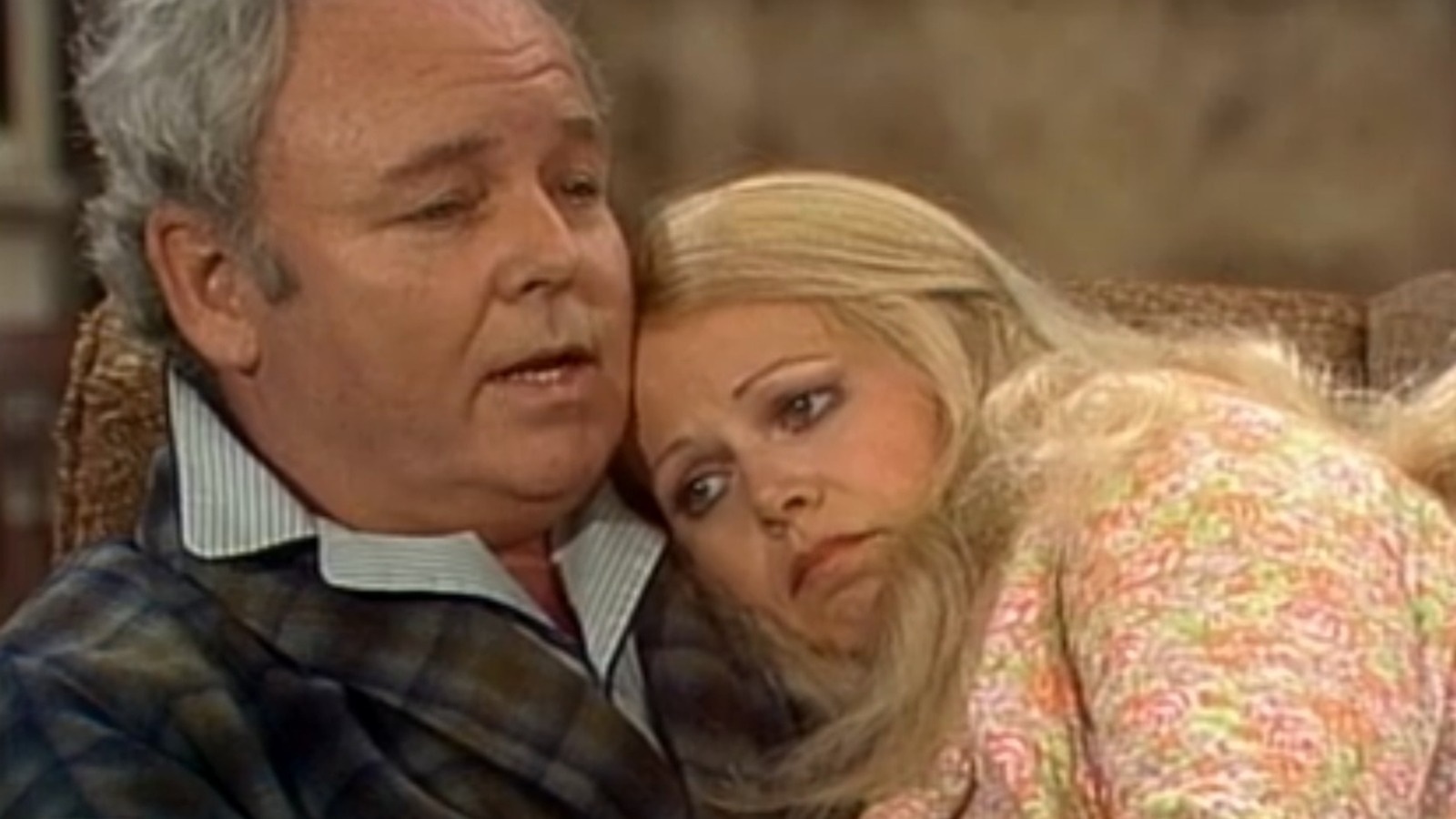
When All in the Family premiered on CBS in 1971, no one could have predicted the cultural earthquake it would cause. The sitcom, which centered around the controversial character of Archie Bunker, became the most talked-about show on television, not only for its humor but for its unflinching portrayal of society’s most pressing issues.
Archie Bunker, the quintessential bigoted working-class man, was far from a typical TV father figure. His blunt, politically incorrect attitudes toward race, gender, and class made him an unlikely, yet compelling protagonist. His unapologetic stance on controversial topics was groundbreaking for television at the time and sparked a revolution in how sitcoms could address taboo subjects.
Breaking the Mold of Traditional Sitcoms
Before All in the Family, sitcoms were characterized by family-friendly humor that avoided difficult or controversial topics. Shows like Leave It to Beaver and The Dick Van Dyke Show portrayed a sanitized, idealized version of family life. However, All in the Family shattered that mold, offering a raw, unvarnished portrayal of everyday life.
Norman Lear, the mastermind behind the show, wanted to create a sitcom that was both entertaining and thought-provoking. He realized that TV had the power to challenge societal norms and create meaningful conversations about sensitive issues. The result was a sitcom that didn’t shy away from race relations, feminism, LGBTQ+ rights, and other pressing social issues of the time.
Humor with a Purpose
What set All in the Family apart from other sitcoms was its ability to balance humor with social commentary. While Archie’s outdated views often led to laugh-out-loud moments, they also highlighted the absurdity of his beliefs. The show used satire to expose the flaws in American society and, in doing so, made its audience think critically about the world around them.
At the same time, All in the Family also used humor to humanize its characters. Despite Archie’s bigotry, the show allowed viewers to see him as a complex, multi-dimensional character. He was not simply a villain, but a product of his time, shaped by his experiences and environment. This made the show’s social commentary more impactful because it challenged viewers to look beyond stereotypes and examine the root causes of prejudice and inequality.
The Social Relevance of All in the Family
At its core, All in the Family was about more than just a family—it was about the changing face of America. The show’s focus on issues like the Vietnam War, racial tensions, and women’s rights resonated with a generation that was living through those struggles. Archie’s resistance to change reflected the conservative attitudes of the time, while characters like Gloria and Mike represented the younger, more progressive generation.
The show also became a platform for important cultural discussions. When the Bunkers sat down at the dinner table, they didn’t just talk about family matters—they talked about the issues of the day. Whether it was a discussion on abortion, civil rights, or the role of women in the workplace, All in the Family gave voice to topics that were rarely addressed on primetime TV.
The Influence of All in the Family on Modern TV
The legacy of All in the Family extends far beyond its own time. The show’s willingness to explore difficult topics paved the way for other sitcoms and dramas to follow suit. Shows like The Simpsons, Roseanne, South Park, and The Big Bang Theory all owe a debt to All in the Family for showing that TV could be both funny and socially relevant.
Moreover, All in the Family also inspired a new wave of politically charged comedy. Stand-up comedians, in particular, began to embrace the show’s unapologetic approach to tackling uncomfortable subjects. Comedians like George Carlin and Richard Pryor pushed the boundaries of comedy in ways that were once unimaginable, thanks in part to the example set by All in the Family.
Conclusion: All in the Family‘s Enduring Power
More than 50 years after it first aired, All in the Family remains a touchstone in the history of television. It proved that comedy could be more than just entertainment—it could be a powerful tool for social change. The show challenged societal norms, broke taboos, and created a lasting legacy that continues to inspire television and comedy today.
In an era where political correctness often governs what is said on TV, All in the Family stands as a testament to the power of bold humor. It was a show that took risks, made people laugh, and, most importantly, made them think. For fans of the show, its brilliance remains as undeniable as ever—and its cultural impact continues to reverberate through the television landscape.
